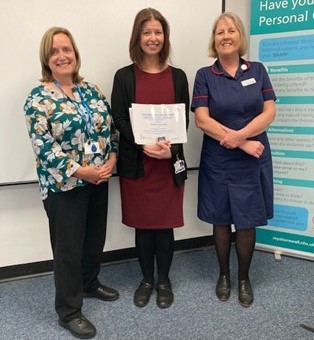
Midwife Support Worker wins national award
22 April 2024Royal Cornwall Hospitals NHS Trust Midwife Support Worker, Amanda Rosenfeld, has won the NHS England Chief Maternity Officer Award under the category of ‘Working together for patients.’
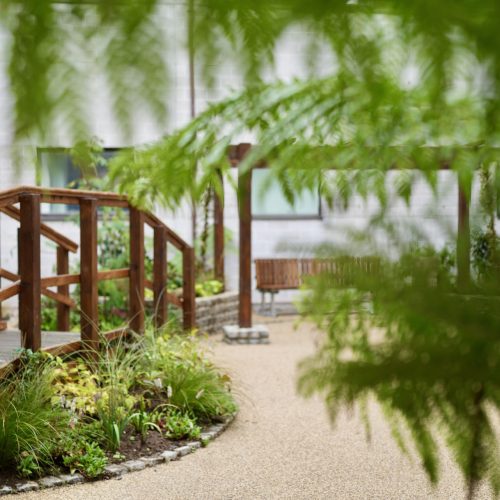
Major Construction Projects Shortlisted for National Awards
18 April 2024We are delighted to have been named as a finalist in two categories at this year’s Construction News Awards.
Royal Cornwall Hospital car park changes and roadworks February to April 2024
27 March 2024As we prepare our site for the new Women and Children’s Hospital, we can expect significant parking and access disruption, with limits on parking spaces. There are also likely to be delays getting in and out of the car parks, particularly at the start and end of the day.
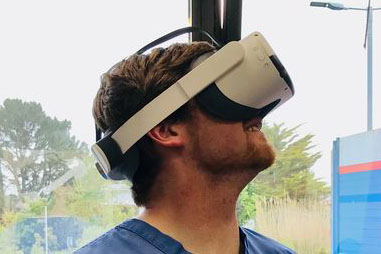
Cornwall Research Project Using Virtual Reality as Distraction Therapy for Cancer Patients Publishes Results
22 March 2024A doctor at the Royal Cornwall Hospitals Trust (RCHT) has conducted his own research on cancer patients using a virtual reality headset as a distraction therapy.
Help stop the spread of Norovirus
12 March 2024Visiting is restricted on some wards at our hospitals across Cornwall at present. Please phone the ward you are visiting to check before you set out. You will be able to visit if there are exceptional or compassionate circumstances, please discuss this with the nurse in charge.
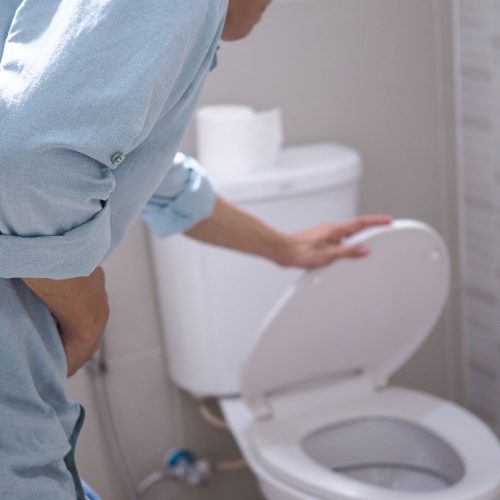
Norovirus cases on rise in Cornwall, look after yourself, protect others
11 March 2024The common winter vomiting bug, Norovirus, is doing the rounds in Cornwall, and our NHS is asking for your help to stop the spread.
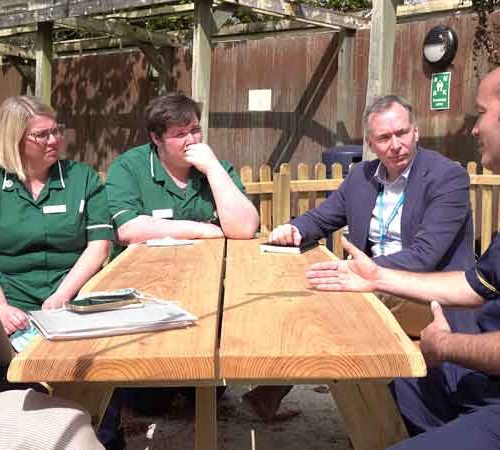
Results of the 2023 staff survey paint an improving picture for RCHT
8 March 2024The results of the 2023 staff survey are in, with the response showing significant improvements in all elements of the NHS People Promise, as well as in the national themes of staff engagement and morale.
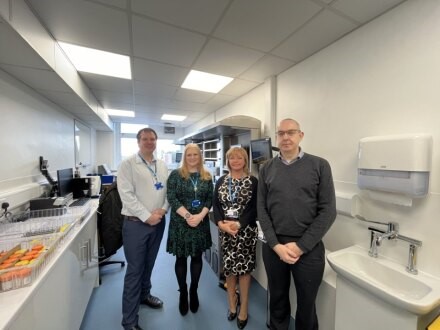
Robin Jones, Chief Operating Officer, visits the Histopathology team
6 March 2024Robin Jones, Chief Operating Officer, visited the Histopathology team to congratulate the RCHT Cancer Action Board on being described as “an exemplary model” of governance of cancer by the Peninsula Cancer Alliance and see the brand new lab.
A great success for the first Orthopaedic Super Clinic
4 March 2024Colleagues from Royal Cornwall Hospitals NHS Trust and Integrated Care Board have delivered our very first Orthopaedic Super Clinic.

